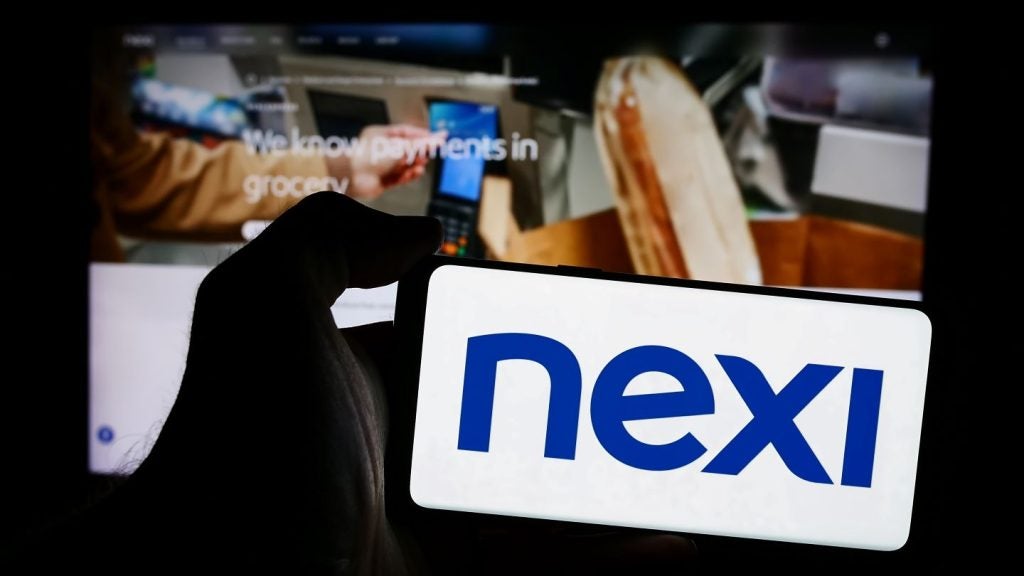
US credit card customers appear to be losing faith that their card issuers will be there for them when they need it most as the Covid-19 pandemic continues to drag on consumer confidence.
The J.D. Power 2020 US Credit Card Satisfaction Study finds a significant decline in key cardholder satisfaction metrics since the pandemic began.
“Through the first two months of 2020, credit card customer satisfaction was on track to set record highs,” said John Cabell, director of banking and payments intelligence at J.D. Power.
“That all reversed course when Covid-19 entered the equation, with satisfaction, trust, advocacy and brand image attributes resulting in sharp declines in May 2020. We’re living in a moment of truth for card issuers, and results in the next few months will be key to determining whether this decline constitutes a lasting trend. Issuers’ ability to communicate proactively and work closely with customers to address their pain points and fears will be critical to their long-term viability.”
Following are some key findings of the 2020 study:
Key cardholder satisfaction metrics plummet during pandemic
Credit card issuers were on the path to earning record high levels of customer satisfaction during the first three waves of the 2020 study, which were all conducted prior to the pandemic.
Those gains were cut in the final wave of the study, with overall satisfaction falling 10 points (on a 1,000-point scale), led by declines in satisfaction with credit card terms and communications.
Boosted by pre-pandemic gains, overall satisfaction for the entirety of the 2020 study results in an overall increase of just 6 points from 2019.
Pandemic-linked declines in customer satisfaction unique to credit card issuers
J.D. Power has been tracking customer satisfaction and overall consumer sentiment in response to the pandemic across several industries. Among credit cardholders, the recent declines across all key metrics are unique.
Satisfaction among customers of other consumer financial services, such as retail banks and primary mortgages, have improved during the pandemic.
Affluent and financially affected customers show sharpest declines
Some of the largest declines in credit card customer satisfaction are in the affluent/mass affluent segment, in which overall satisfaction scores have declined 14 points since the beginning of the pandemic.
Customers in this segment are typically some of the most financially important to credit card companies. Also, customers who have been financially affected by the pandemic have overall satisfaction that is 14 points lower than those who have not been financially affected.
Card issuers lag banking and mortgage industry on proactive customer outreach
Just 36% of credit card customers indicate they’ve been proactively contacted by their card issuer during the past 12 months.
That compares with 60% of mortgage customers and 48% of retail banking customers during a similar timeframe.
Communication with customers is critical to building trust and brand loyalty during uncertain economic times and, at the same time, customers should always contact their card issuer if they have questions or need assistance with their account.
Few customers planning to switch cards
In the midst of the pandemic, 89% of credit card customers say their current card fully meets their needs.
This fact is a silver lining for issuers, because the decline in satisfaction is not an indicator of near-term defection by customers.
However, issuers should ensure that customers understand the terms and benefits associated with their cards, and customers, in turn, should be willing to change cards if fee-based perks or travel points are no longer relevant in the current environment.







